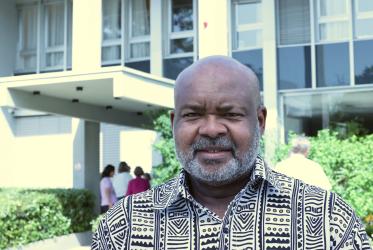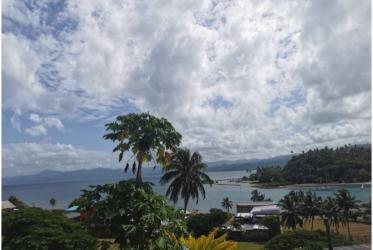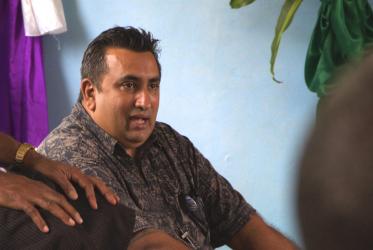Displaying 1 - 13 of 13
Pandemic and pedagogy: what are the valuable lessons?
21 December 2022
Bridging gaps and bringing people to the table
23 June 2022
Preventing incitement to violence which could lead to atrocity crimes in Africa
09 - 11 May 2016
Addis Ababa, Ethiopia










